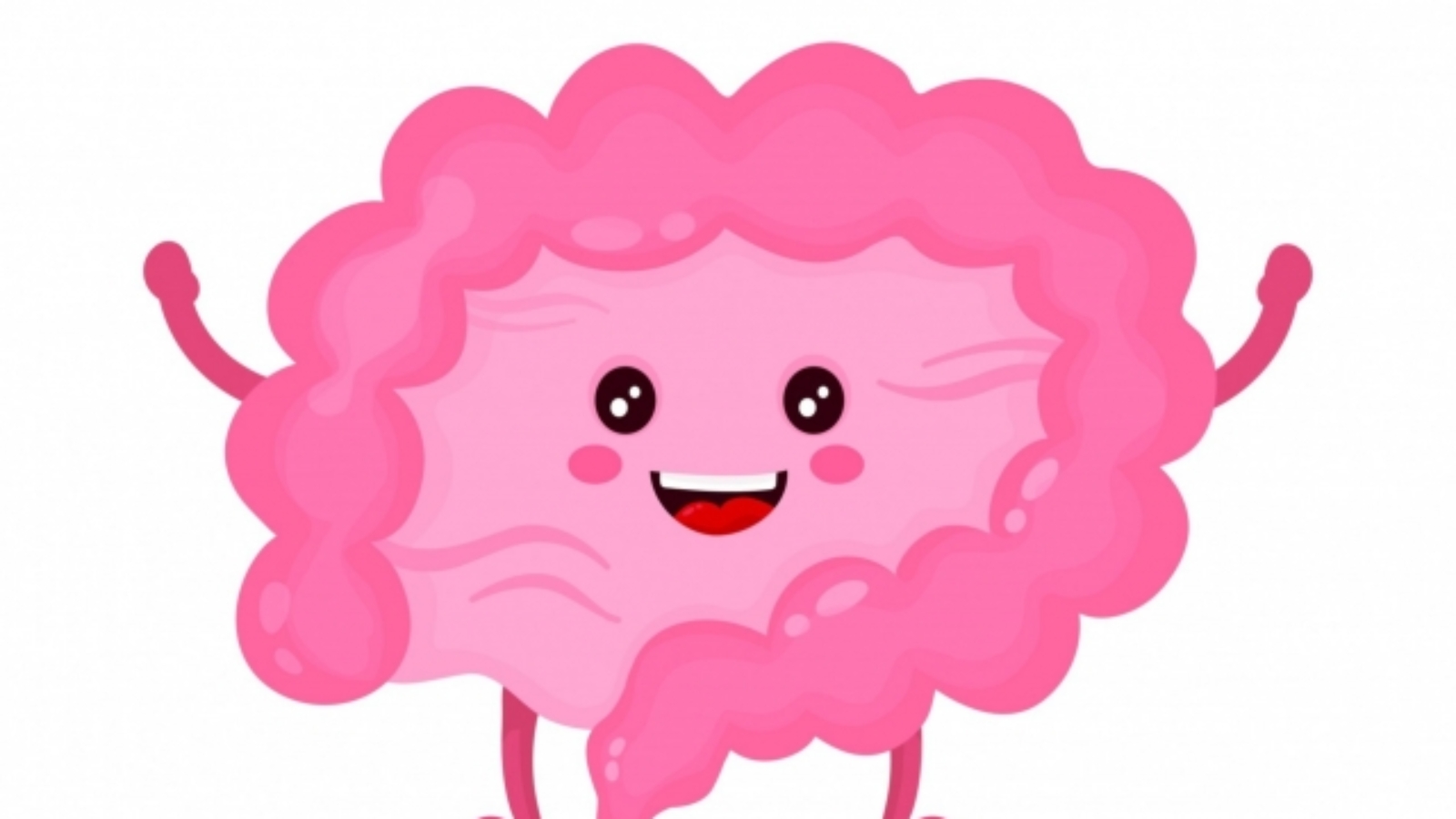By Lindsay Christensen
Nutritionist @ The Pratt Clinics
12/9/2018
In Part 1 of this blog series, I explained the importance of the gut-brain axis in the context of neurobehavioral disorders, depression, and anxiety. In this post, I’ll give you actionable advice for correcting gut dysbiosis and improving brain function.
Testing for gut dysbiosis
Using tests to screen the gut microbiota can reveal bacterial imbalances that may be contributing to neurobehavioral and mental health problems. At The Pratt Clinics, there are two tests we like to run to screen for imbalances in the gut microbiota: The GI MAP and the organic acids test.
The GI MAP uses a technique called PCR to detect the DNA of bacteria, fungi, parasites, and viruses in a stool sample. It also looks at immunologic markers of gut health. The organic acids test uses a blood and/or urine sample to detect metabolites that indicate nutrient deficiencies and the presence of pathogenic bacteria and yeasts.
How to improve gut and brain health
To improve the symptoms of neurobehavioral disorders, depression, and anxiety, we must first start by improving gut health! There are many strategies we can use to improve gut health, including taking probiotics and prebiotics, supporting gallbladder function, incorporating antimicrobial botanicals, and making dietary changes that promote a healthy gut environment.
Probiotics
Restoring healthy levels of beneficial bacteria to the gut is essential for normalizing the gut-brain axis and neurobehaviors. Research has found that Lactobacillus acidophilus, L. rhamnosus, and Bifidobacterium longum improve behavior and GI dysfunction in children on the autism spectrum. Lactobacillus casei, L. helveticus, and Bifidobacterium longum have antidepressant effects, with the latter two demonstrating effects equivalent to the pharmaceutical antidepressant Diazepam. While no clinical trials have been conducted yet on the therapeutic efficacy of probiotics in ADHD, a study began in 2015 titled “Effects of a Probiotic Supplement on Symptoms of Attention Deficit Hyperactivity Disorder and Anxiety in Children” intends to investigate the topic. (25) I can’t wait to see the results!
Prebiotics
Prebiotics are indigestible carbohydrates found in plant foods that reach the colon intact, where they feed and promote the growth of beneficial gut bacteria. Two types of prebiotic fiber, fructo-oligosaccharides (FOS) and galacto-oligosaccharides (GOS) have demonstrated anti-anxiety and antidepressant effects.
Many foods are natural sources of prebiotics. Here’s a brief list of some prebiotic foods to add to your diet:
Garlic
Onions
Leeks
Asparagus
Green (unripe) bananas
Jerusalem artichoke
Dandelion greens
Oats
Tigernut flour
Cooked and cooled plantains
Gallbladder health
The gallbladder, a small organ nestled below the liver, produces bile acids that emulsify dietary fats and is a primary route of excretion for fat-soluble toxins. Bile acids also influence the composition of the gut microbiota. Impaired gallbladder function thus hampers fat digestion, the absorption of fat-soluble nutrients, and detoxification. Getting the gallbladder working is a prerequisite for creating a healthy gut microbiota. You can improve gallbladder health with bitters, which are herbs that have a bitter flavor that stimulates bile flow. I suggest Quicksilver Scientific Bitters No. 9. Liposomal vitamin C, tocotrienols, and glutathione are also useful additions for facilitating detoxification.
Botanicals
Antimicrobial botanicals can eliminate intestinal infections that disrupt the gut-brain axis. I recommend Biocidin, berberine, and curcumin for eliminating pathogenic intestinal bacteria, yeast, and parasites.
Dietary changes
Eating habits profoundly affect the gut microbiota. The consumption of an ultra-processed diet high in refined grains, sugar, and industrial vegetable oils (such as canola, soybean, corn, and safflower oils) deprives beneficial gut bacteria of the fiber they need to survive, thus reducing their numbers, and induces gut inflammation; together, these factors impact the gut-brain axis and neurobehavior. In fact, the consumption of processed foods exacerbates autism, ADHD, depression, and anxiety. Conversely, the consumption of an unprocessed, nutrient-dense diet high in fiber supports a healthy gut microbiota and brain. Consider removing processed foods and any specific foods to which you or your child are sensitive, including gluten and dairy, to reduce gut inflammation and promote the development of a healthier gut microbiota. Try to buy organic produce as often as possible; exposure to glyphosate, a pervasive pesticide used in conventional agriculture, kills beneficial gut bacteria while sparing Clostridia, an overgrowth of which is linked to autism.
Final thoughts
The gut microbiota plays a pivotal role in the development and progression of autism, ADHD, anxiety, and depression. By correcting gut dysbiosis and restoring a healthy gut microbiota with probiotics, prebiotics, antimicrobial botanicals, and dietary changes, it is possible to reduce, and even reverse the course, of neurobehavioral and mental health disorders!
If you need more information or help with your overall health, contact us at The Pratt Clinics.

